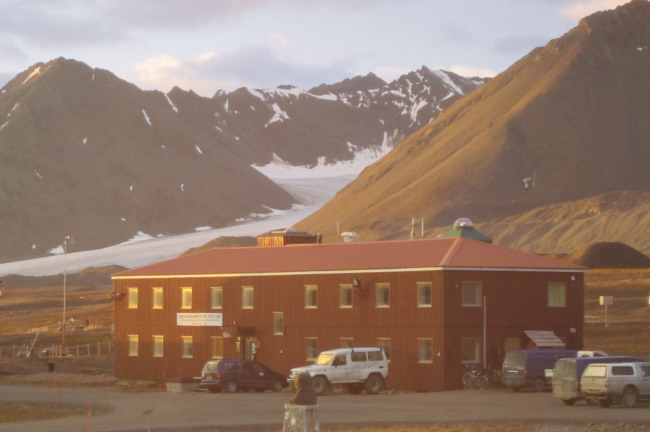 |
우리나라가 북극 개발을 주도하는 북극이사회의 정식 옵서버(permanent observer) 자격을 획득했다. 사진은 노르웨이령 스발바르군도 니알슨에 위치한 북극다산기지. (연합뉴스) |
<관련 영문 기사>
Korea becomes permanent observer to Arctic Council
Korea became a permanent observer to the Arctic Council on Wednesday, stepping up its foray into the region where melting ice sheets are boosting the potential for maritime logistics, resources development and scientific research.
The decision was made in the Swedish city of Kiruna at a ministerial meeting of eight member states -- the U.S., Russia, Canada, Sweden, Denmark, Norway, Finland and Iceland. The intergovernmental organization, which is responsible for setting the rules for development of the polar region, was launched in 1996 to address climate change, indigenous people and other regional issues.
An “ad-hoc” observer, Seoul was one of the 14 applicants for permanent status. They included five other countries -- China, Japan, India, Italy and Singapore -- the European Union and seven international organizations and non-governmental groups.
Only the six individual countries were granted the permanent observer spot, joining the existing group of the United Kingdom, France, Germany, the Netherlands, Poland and Spain.
“The successful bid came as Arctic nations are moving to tighten regulations surrounding Arctic sea routes and resources development in line with the quickening speed of the thaw,” the Foreign Ministry said in a statement.
“It has significance in laying the foundation for the country to expand its participation in scientific surveys and research in climate change and to contribute to the Arctic’s sustainable development.”
A growing number of countries are vying for a bigger stake in the far north as global warming accelerates the melting of ice caps, opening up shipping routes across the mineral-rich ocean.
Korea, for its part, had promoted its climate efforts, increasing research assets and technological clout in shipping and shipbuilding.
Despite the lack of voting rights, its membership upgrade will make it easier for Korea to use the shipping lanes and take part in discussions to establish Arctic-related international norms, a ministry official said.
“The membership upgrade will allow us to take part in six working groups, voice our opinions more actively, propose new projects and strengthen our diplomacy on Arctic issues,” he told reporters on condition of anonymity.
By Shin Hyon-hee
(heeshin@heraldcorp.com)







